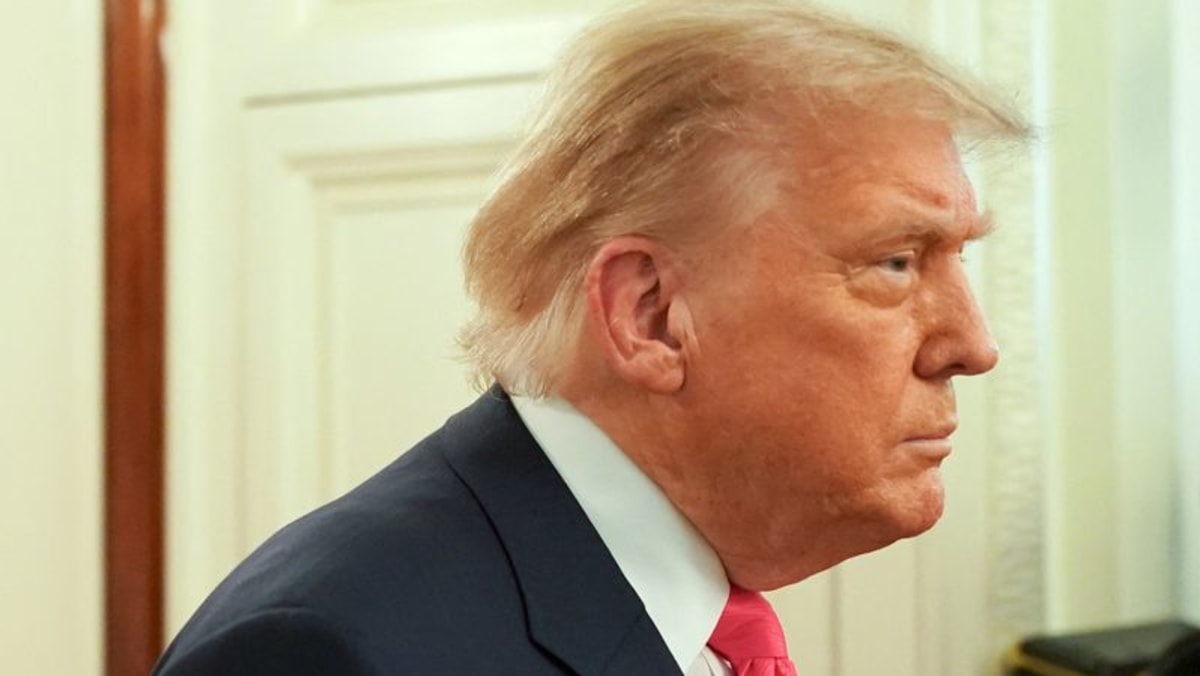WASHINGTON: Top US Republicans confronted a yawning budget hole in their sprawling tax-cut and spending bill on Friday (Jun 27), signalling that they could miss President Donald Trump’s Jul 4 deadline as they rewrite dozens of elements rejected by a nonpartisan referee.
With roughly US$600 billion in spending cuts ruled off limits by the Senate parliamentarian, Republicans will have to revise large swaths of the package, which is widely seen as the signature legislation of Trump’s second term in office. That includes some of the most divisive elements of the bill, such as a crackdown on Medicaid “provider taxes” that some Senate Republicans fear could threaten rural hospitals.
With the legislation still unfinished, Trump acknowledged that Congress might not be able to pass it by his deadline of Jul 4, the US Independence Day holiday. “It’s important, it’s not the end-all,” he told reporters at the White House. “We’d like to get it done by that time, if possible.”
Asked if the deadline could slip, House of Representatives Speaker Mike Johnson said, “It’s possible, but I don’t want to even accept that as an option right now,” while Senate Majority Leader John Thune said only, “We’ll see.”
Lawmakers will face a far more serious deadline later this summer, when they need to raise the nation’s self-imposed debt ceiling or risk a devastating default on the nation’s US$36.2 trillion in debt.
BILL OVERHAUL
Along with Medicaid, the spending cuts at issue also would tighten student aid programmes and limit federal aid to “sanctuary” cities that do not cooperate with federal immigration enforcement, amount to nearly half of the US$1.3 trillion in cuts Republicans have identified to partially offset the bill’s US$3.7 trillion in tax breaks.
Republicans have also dropped a “retaliatory tax” on foreign investments that would have raised more than US$100 billion, further complicating the budget picture.
WIGGLE ROOM
They have some wiggle room, as the budget framework they approved earlier this year allows them to increase budget deficits by a total of US$3.3 trillion over 10 years. A version of the bill that passed the House in May would raise deficits by US$2.4 trillion. Nonpartisan experts say that new debt would worsen the nation’s fiscal outlook and effectively transfer wealth from younger Americans to older generations.
Republicans still must pass the bill out of the Senate and then reconcile any differences with the House before sending it on to Trump to sign into law. With Democrats united in opposition, Republicans can afford to lose no more than three votes from their side in either chamber.
Sticking points include healthcare cuts, green-energy incentives and a carve-out for state and local taxes, said Republican Senator Markwayne Mullin of Oklahoma.













